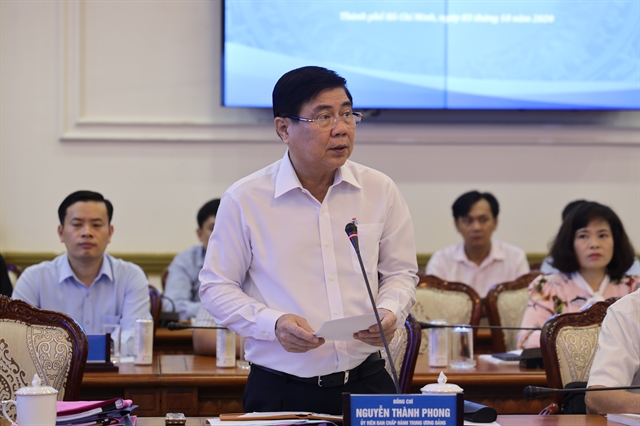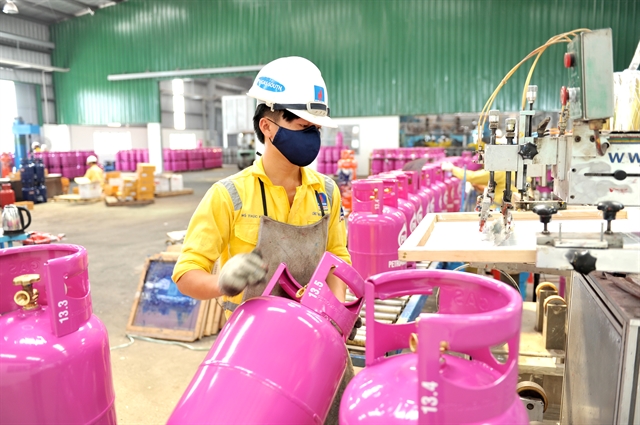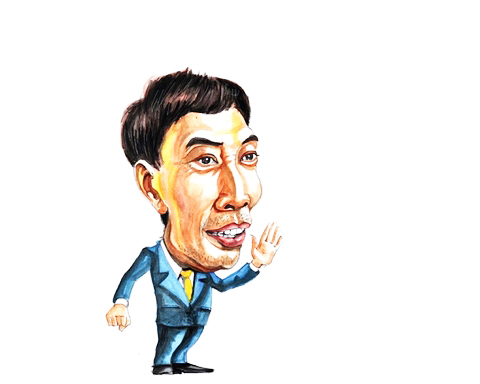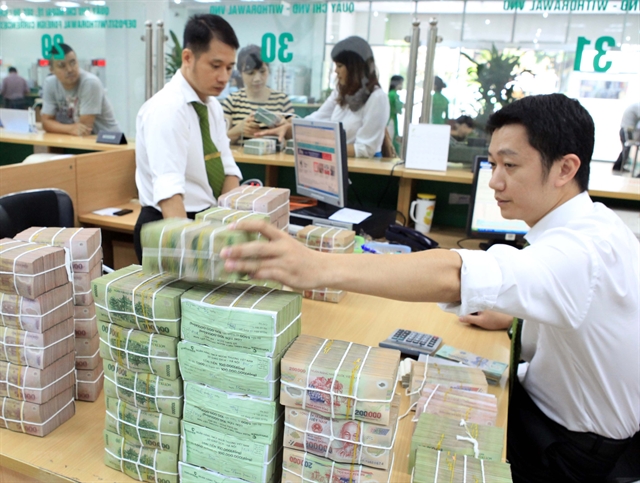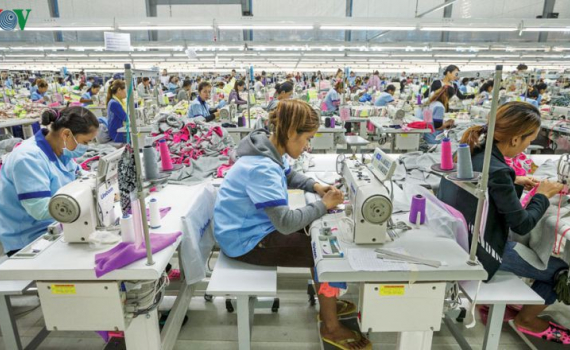
HÀ NỘI — The Vietnamese Government had issued instructions not to delay the construction of public works during the COVID-19 pandemic, and those instructions were being supported by the Japan International Cooperation Agency (JICA) which had continued to implement ODA-funded construction projects even during social distancing.
Shimizu Akira, chief representative of the JICA Vietnam Office, made the statement at a mid-term press conference for the 2020 fiscal year held on Tuesday in Hà Nội.
He said that the implementation of JICA's projects was helping to maintain jobs for Vietnamese engineers and workers during the pandemic, while contributing to the country's economic recovery.
About 2,000 Vietnamese workers have been working on the Bến Thành-Suối Tiên Metro in HCM City during the pandemic.
In the first six months of this year, the world and Việt Nam had suffered heavily from the COVID-19 pandemic, but ODA-funded infrastructure projects in the country were still going ahead as scheduled, the JICA Vietnam Office chief said.
A bridge on the Mai Dịch-Từ Liêm route in Hà Nội would open to traffic this month, while construction of the Yên Xá wastewater treatment plant in Hà Nội had officially started.
In recent years, newly-signed loan projects and the disbursement rate of ODA had fallen back, he said, but the early implementation of public investment could be the catalyst for an early economic recovery and development in Việt Nam.
Shimizu Akira emphasised: "The Vietnamese Government has shown interest and has specific plans to promote the disbursement of public investment capital.
“I hope the effort will help JICA accelerate the progress of its projects in Việt Nam."
JICA has supported Việt Nam with total funding for loan projects and technical cooperation projects in the health sector of 77.4 billion yen (nearly US$733 million).
In the context of the COVID-19 pandemic, JICA would promote further strengthening of health co-operation, he said.
JICA would continue to give priority to key projects, including “Strengthening the health system for higher level hospitals such as Hà Nội’s Bạch Mai Hospital, and HCM City’s Chợ Rẫy Hospital" and "Strengthening prevention measures for infectious diseases".
Commenting on the global supply chain shift, Shimizu Akira said the trend offered Việt Nam new opportunities, but the country needed to improve the quality of its human resources as well as develop high quality infrastructure to attract foreign investment. — VNS
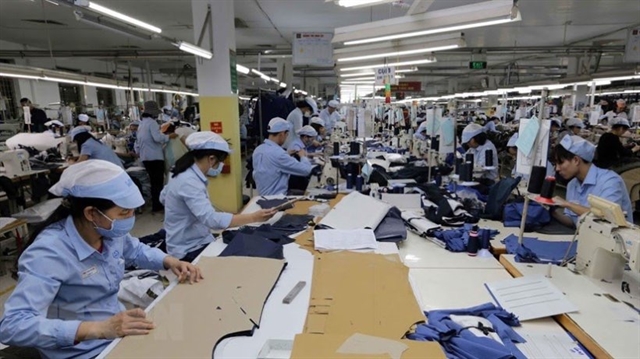
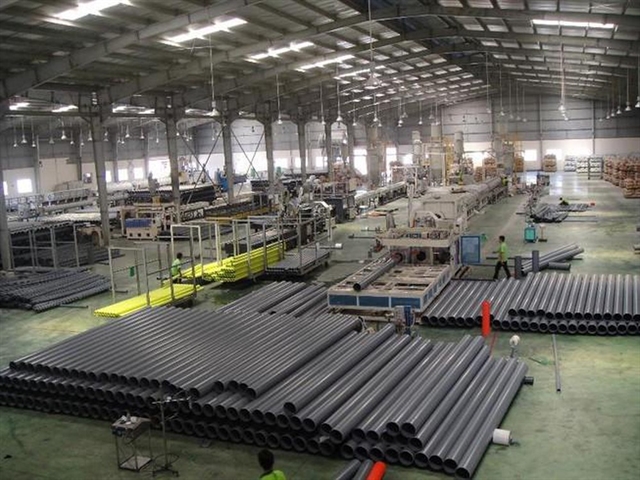
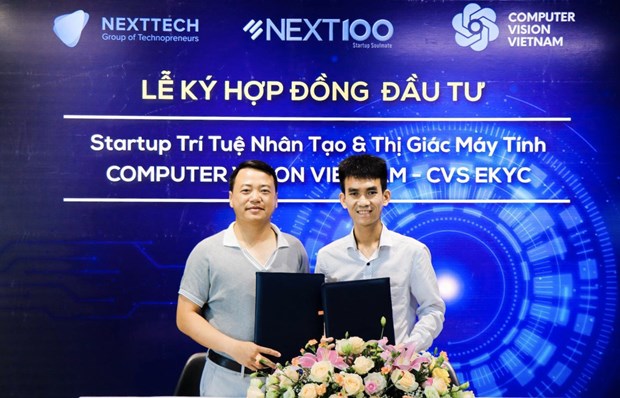
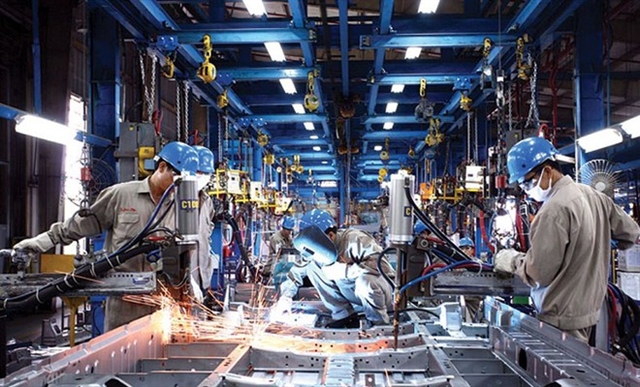
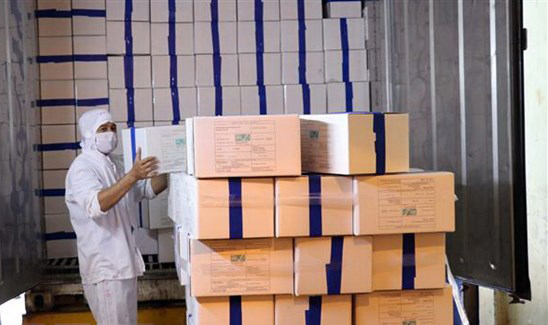
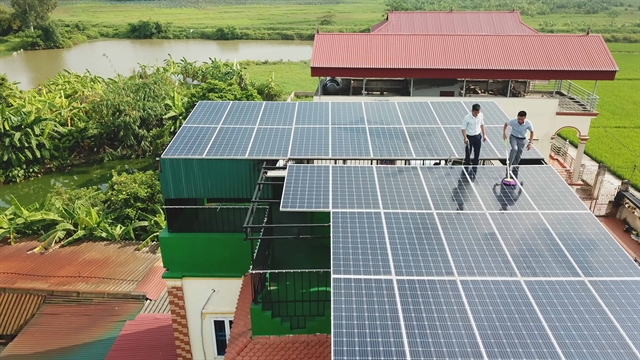
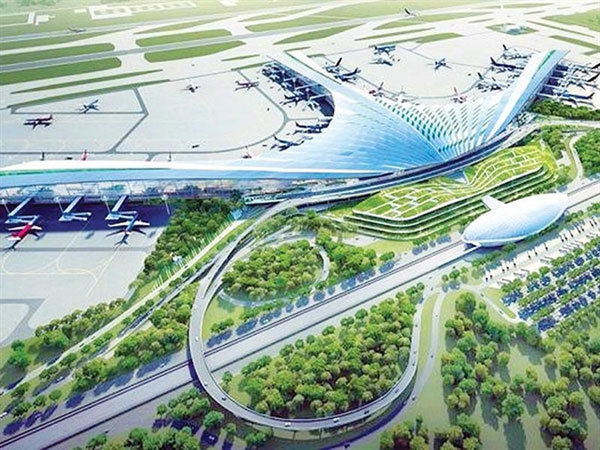
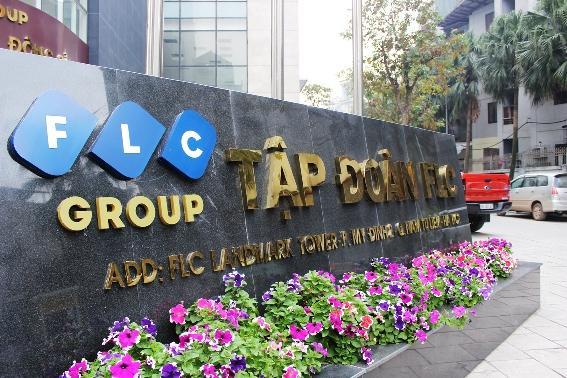

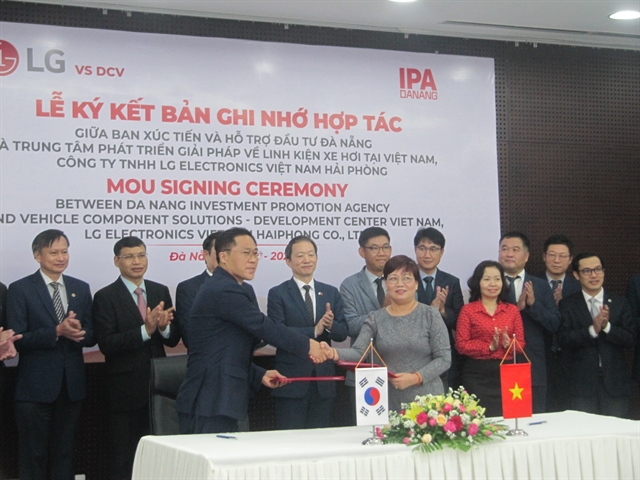
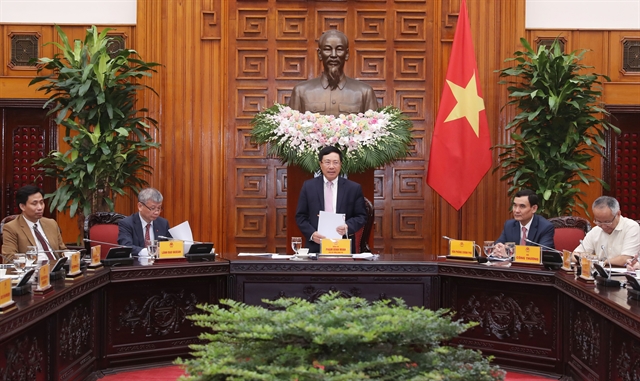
.JPG)
